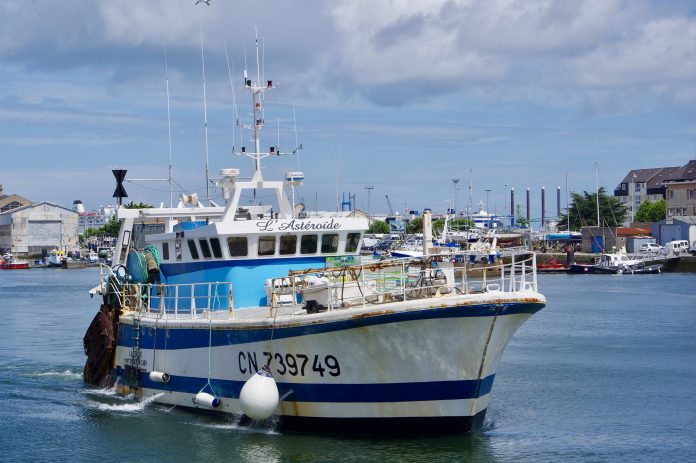As British Prime Minister Theresa May on November 15 faced an uproar at home over the draft agreement on Britain’s exit from the European Union, France also stepped in calling for changes.
At home, May’s cabinet endorsed the 600-page draft to end Britain’s four decades in the bloc. But this heavy legal text is far from passing in the UK parliament and prompted several British ministers to resign on November 15.
As reported by the Reuters news agency, a new twist comes from France which has spearheaded a group of EU member states in raising objections on fishing. This comes less than a week before the 27 remaining EU states plan to approve the draft at the November 25 leaders’ summit.
“On the draft agreement, several member states will ask for improvements on fishing,” a diplomatic source close to the negotiations said, listing concern about the issue in France, Denmark, Spain, Portugal and the Netherlands.
Finland and Ireland were also worried about future fishing arrangements, other diplomatic sources told Reuters.
Britain’s rich fishing waters are currently available to other EU states under mutual access arrangements with set quotas. While the EU has wanted to safeguard that scheme after Brexit, Britain wants to take unilateral control of its waters.
In the end, the draft Brexit deal leaves the case without a firm resolution at this stage. It says the two sides would try to agree on the future of fisheries by July 2020, during the transition period after Brexit, to form part of an eventual new EU-UK trade deal.
According to Reuters, the draft leaves fisheries outside of the single EU-UK customs zone that could be triggered if the sides find no other way to ensure an open Irish border – the so-called “backstop” mechanism that has long held up an overall deal.
“Not all member states were very happy with that,” an EU official said, adding that it would not be easy to agree on the future fishing schemes.
Conceding access to its waters was highly disputed around the time Britain joined the then-European Community in 1973.

